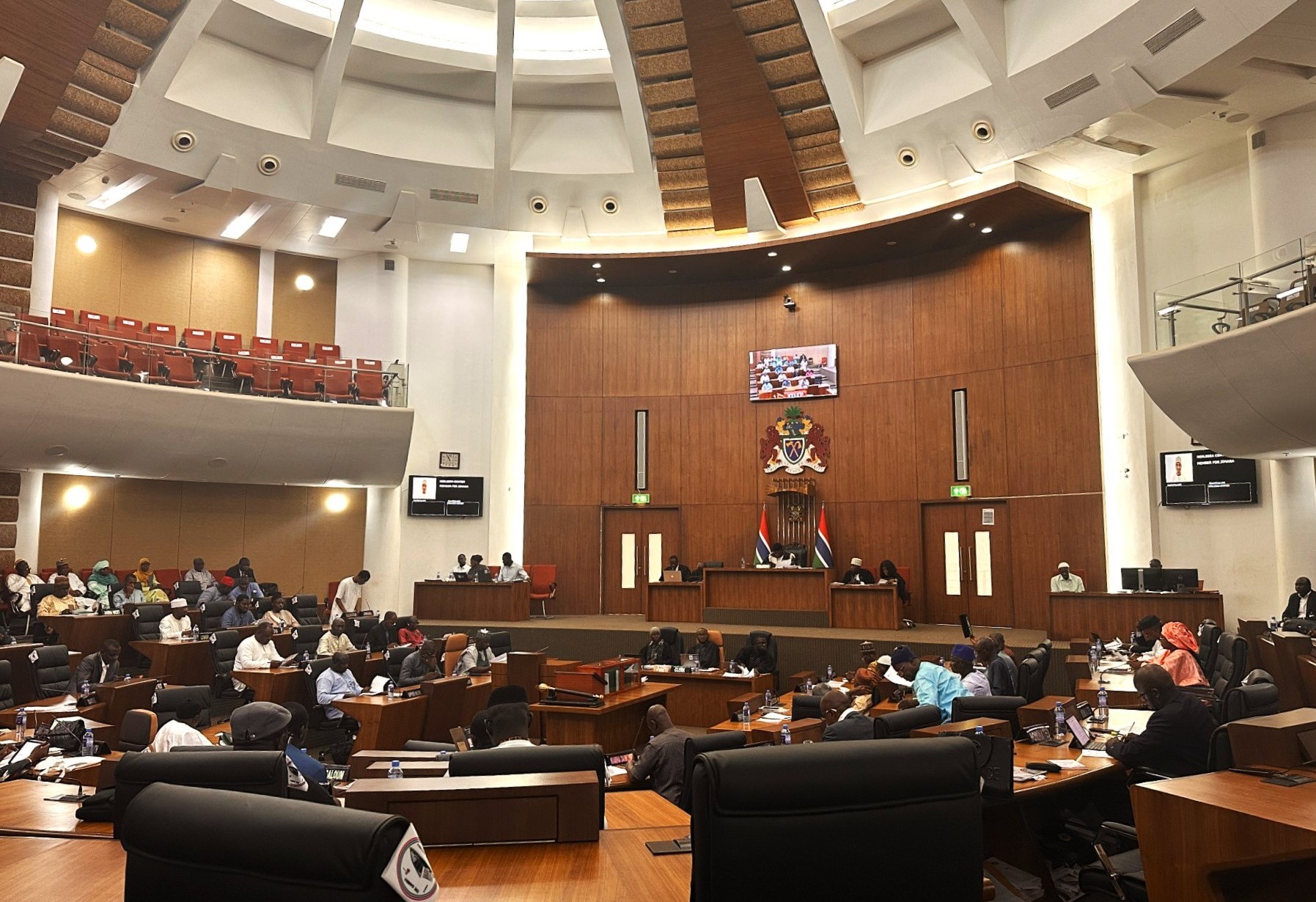Gambiaj.com – (TEXAS, United States) – Amid the emotionally charged debates surrounding immigration policies, a groundbreaking study by the Institute on Taxation and Economic Policy (ITEP) has brought data to the forefront. The study reveals that undocumented immigrants contributed $96.7 billion in federal, state, and local taxes in 2022, challenging the perception that they are a financial burden on public resources.
ITEP’s analysis offers a detailed breakdown of the contributions made by undocumented immigrants across the country. Of the total taxes paid, $59.4 billion went to the federal government, while $37.3 billion flowed to state and local governments. These contributions included sales and excise taxes (46% or $15.1 billion), property taxes (31% or $10.4 billion), and personal or business income taxes (21% or $7 billion).
Impact of Policy Decisions
The study underscores the significant fiscal implications of immigration policies. According to the findings, each 1 million undocumented immigrants residing in the country generates $8.9 billion in tax revenue for public services. Conversely, the deportation of the same number would result in a loss of the same amount for public revenues.
The study projects that if all current undocumented immigrants were granted work authorization, their tax contributions would increase by $40.2 billion annually, reaching $136.9 billion.
“Undocumented immigrants are contributing to our economies and shared public services,” said Marco Guzman, Senior Policy Analyst at ITEP and co-author of the study. “The bottom line here is that regardless of immigration status, we all contribute by paying our taxes.”
Disproportionate Contributions, Barriers, and Economic Ripple Effects
The study also highlights systemic inequities in the tax system. More than a third of the taxes paid by undocumented immigrants go toward payroll taxes for programs like Social Security and Medicare, which they are barred from accessing. Additionally, undocumented workers often pay more in income taxes due to their ineligibility for tax credits such as the Child Tax Credit or Earned Income Tax Credit.
In 40 states, undocumented immigrants pay higher state and local tax rates than the wealthiest 1% of households. States like California, Texas, New York, Florida, Illinois, and New Jersey each collected over $1 billion in tax revenue from undocumented residents.
While the study focuses on direct tax contributions, it notes that undocumented immigrants also generate broader economic activity, likely amplifying their significance to public revenues. Including these ripple effects could reveal an even greater impact on the economy and public services.
Implications for Future Policies
The findings serve as a reminder of the economic value that undocumented immigrants bring to the U.S. economy and the importance of thoughtful immigration policies. Decisions made in the coming years regarding work authorization and deportation could have substantial consequences for public revenues and economic stability.
This study provides a data-driven perspective on a heated issue, emphasizing the tangible contributions of undocumented immigrants and calling for informed policy-making to reflect these realities.










